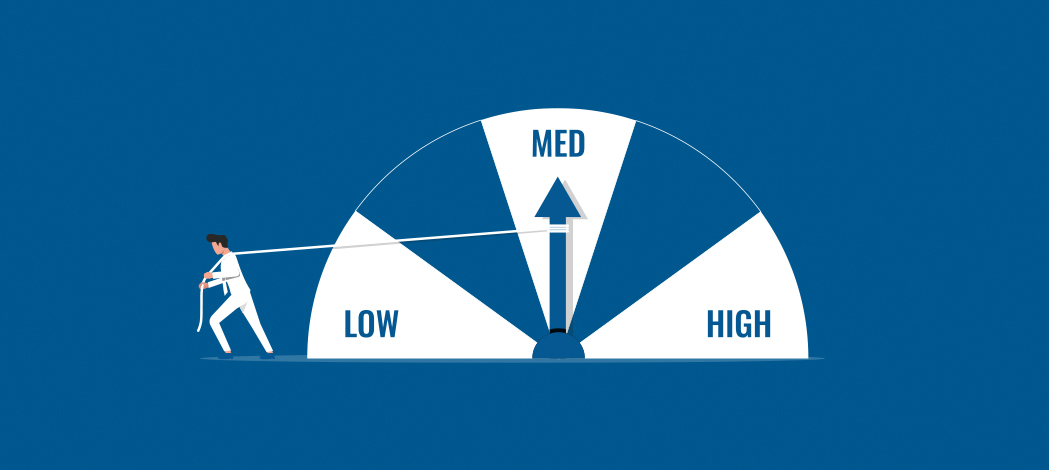
Professional Risk Management (RMP) Program
About this course
The Professional Risk Management (RMP) Diploma is a training program focused on developing skills and knowledge in risk management, including the ability to analyze, assess, and develop strategies to effectively deal with risks. The program covers a wide range of topics related to risk management, including strategic risk management concepts and quantitative and qualitative techniques for analyzing potential risks.
The Professional Risk Management Program is designed to meet the needs of professionals in various fields, including business, finance, insurance, technology, energy, and others. RMP certificate holders are equipped to provide risk assessments, develop risk management strategies, and implement policies and procedures to handle risks within their organizations.
المحاضرة الثامنة من محور إدارة المخاطر RMP
About this course
The Professional Risk Management (RMP) Program aims to:
1- Understand basic risk management concepts, including risk definition, classification, analysis, assessment, and handling.
2- Apply different tools and techniques available for risk analysis and assessment, such as SWOT analysis, PESTLE analysis, and quantitative and qualitative evaluation techniques.
3- Learn how to develop effective strategies to handle and mitigate potential risks in organizations and projects.
4- Understand and apply the legal and regulatory framework governing risk management in various industries and sectors.
5- Enhance students' communication and negotiation skills to ensure that stakeholders understand risks and communicate effectively with them.
6- Promote cultural awareness of risks and the necessity of managing them effectively in different cultures and work environments.
7- Enhance students' ability to make informed decisions based on comprehensive risk analysis and assessment.
8- Develop leadership skills in risk management, including the ability to motivate teams and make difficult decisions.
9- Apply principles of sustainability and social responsibility in risk management, including providing sustainable solutions and balancing current and future needs.
10- Enhance ethical culture and orientations in risk management, encouraging appropriate and ethical decision-making in the face of various challenges.
11- Encourage creative and innovative thinking in applying new and effective risk management strategies.
12- Develop students' ability to self-learn and continuously develop their skills and knowledge in risk management.
13- Enable business professionals and project managers to master the science and art of project risk management.
About this course
Domain 1: Risk Strategy and Planning
• Perform a Preliminary Document Analysis
• Assess the Project Environment for Threats and Opportunities
• Confirm Risk Thresholds Based on Risk Appetites
• Establish a Risk Management Strategy
• Document the Risk Management Plan
• Plan and Lead Risk Management Activities with Stakeholders
Domain 2: Risk Identification
• Conduct Risk Identification Exercises
• Examine Assumption and Constraint Analyses
• Document Risk Triggers and Thresholds Based on Context/Environment
• Develop a Risk Register
Domain 3: Risk Analysis
• Perform Qualitative Analysis
• Perform Quantitative Analysis
• Identify Threats and Opportunities
Domain 4: Risk Response
• Plan Risk Response
• Implement Risk Response
Domain 5: Monitor and Close Risks
• Gather and Analyse Performance Data
• Monitor Residual and Secondary Risks
• Provide Information Required to Update Relevant Project Documents
• Monitor Project Risk Levels







